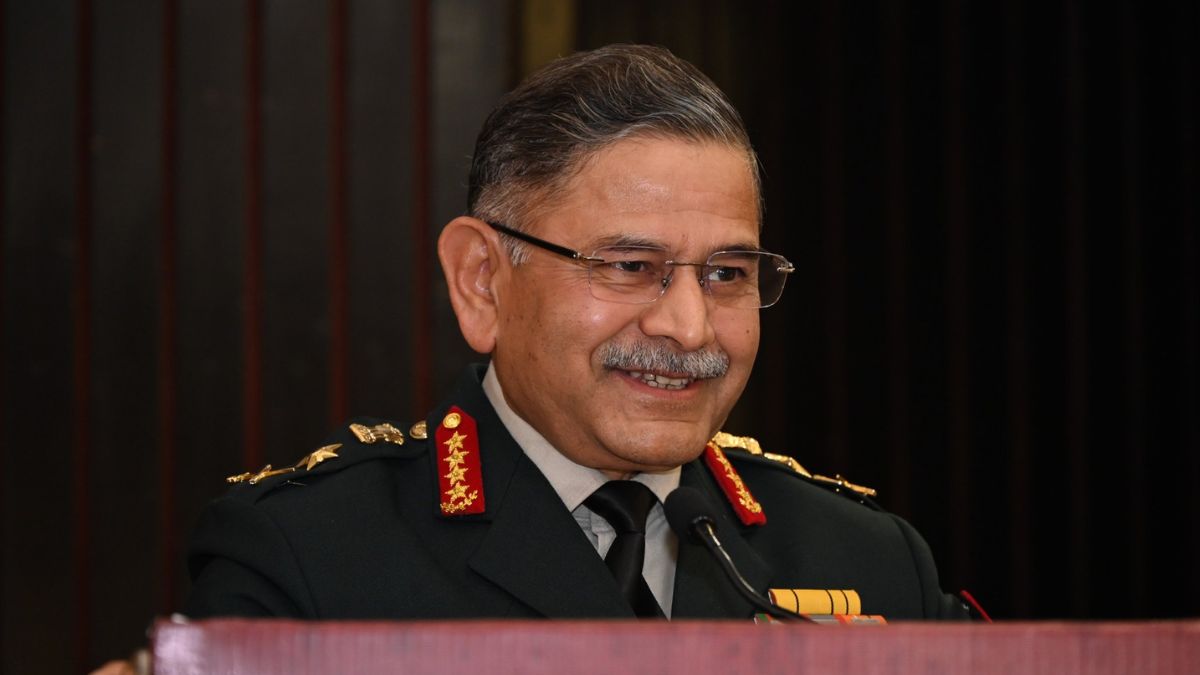Dalai Lama Affirms Legacy As Xi Jinping’s Grip Loosens: Tale of Spiritual Strength Vs Political Decline

China's record repression of Tibetan culture and people is well-known the world over. Image courtesy: RNA
The Dalai Lama’s reaffirmation of the continuation of his institution on July 2 underscores the enduring strength of Tibetan Buddhism and its unbroken connection to the Tibetan people.
In contrast, Chinese President Xi Jinping’s recent disappearance from public view and signs of internal power shifts within the Chinese Communist Party (CCP) reflect growing cracks in China’s rigid political architecture.
While one leader reasserts spiritual continuity rooted in public consensus and historical tradition, the other faces diminishing influence within his own regime, with top intelligence reports suggesting a significant erosion of Xi’s operational control across military and ideological domains.
Is Dalai Lama’s Affirmation A Legacy Chosen by the People?
His Holiness the Dalai Lama, revered globally for his non-violent advocacy and spiritual leadership, emphasised that the institution of the Dalai Lama will continue in accordance with widespread appeals from Tibetans across the world, including those inside Tibet.
This decision was not imposed from above but arose from collective appeals, reaffirming the democratic and consultative ethos that has guided the Tibetan struggle in exile.
The future recognition of the next Dalai Lama, as per the reaffirmed process, will remain the sole purview of the Gaden Phodrang Trust and Tibetan Buddhist leaders, decisively excluding any Chinese state interference.
This move fortifies Tibetan spiritual sovereignty and directly rebuffs Beijing’s repeated attempts to control reincarnation processes for political leverage.
Is Xi Jinping the Disappearing Strongman?
In stark contrast, Xi Jinping’s 16-day absence from public view between May and June, followed by the visible sidelining of generals close to him and silence around “Xi Jinping Thought,” has triggered speculation of a political sunset.
Intelligence sources, quoted by media reports, point to General Zhang Youxia and Wang Yang rising in influence, while the once unchallengeable Xi appears increasingly isolated within a system known for quiet power plays.
The CCP’s traditional tactic of erasing or marginalising powerful figures — from Bo Xilai to Zhou Yongkang — seems to be repeating.
With the economy faltering under high youth unemployment and failed industrial ambitions, especially in semiconductors, Xi’s ideological and administrative centrality is fading.
Should India Brace for External Spillover of Xi’s Loosening Grip?
As Xi loses grip domestically, intelligence agencies warn of potential external escalations, especially against India. China’s historic pattern of deflecting internal crises through external aggression — seen in Ladakh in 2020, South China Sea in 2012, and elsewhere — could repeat, with possible provocations along the Line of Actual Control (LAC) with India, and cyber interference targeting Indian infrastructure.
Multiple reshuffles in the PLA’s Western Theatre Command hint at a military leadership eager to prove loyalty through assertiveness. Cyberattacks, disinformation campaigns, and United Nations roadblocks are expected tools in Beijing’s diversion playbook.
How Power of Legitimacy Versus the Illusion of Control Work?
The Dalai Lama’s renewed legitimacy arises from spiritual devotion and democratic consensus, while Xi Jinping’s control appears increasingly hollow, propped up by titles but undermined by internal decay. One leads with trust earned over decades; the other clings to fading command amid growing distrust.
In the long arc of history, moral legitimacy and people’s trust often outlast manufactured authority. As Tibet reclaims its spiritual agency, China’s power centre seems to be quietly shifting: not with an earthquake, but with a strategic silence that signals a storm.







